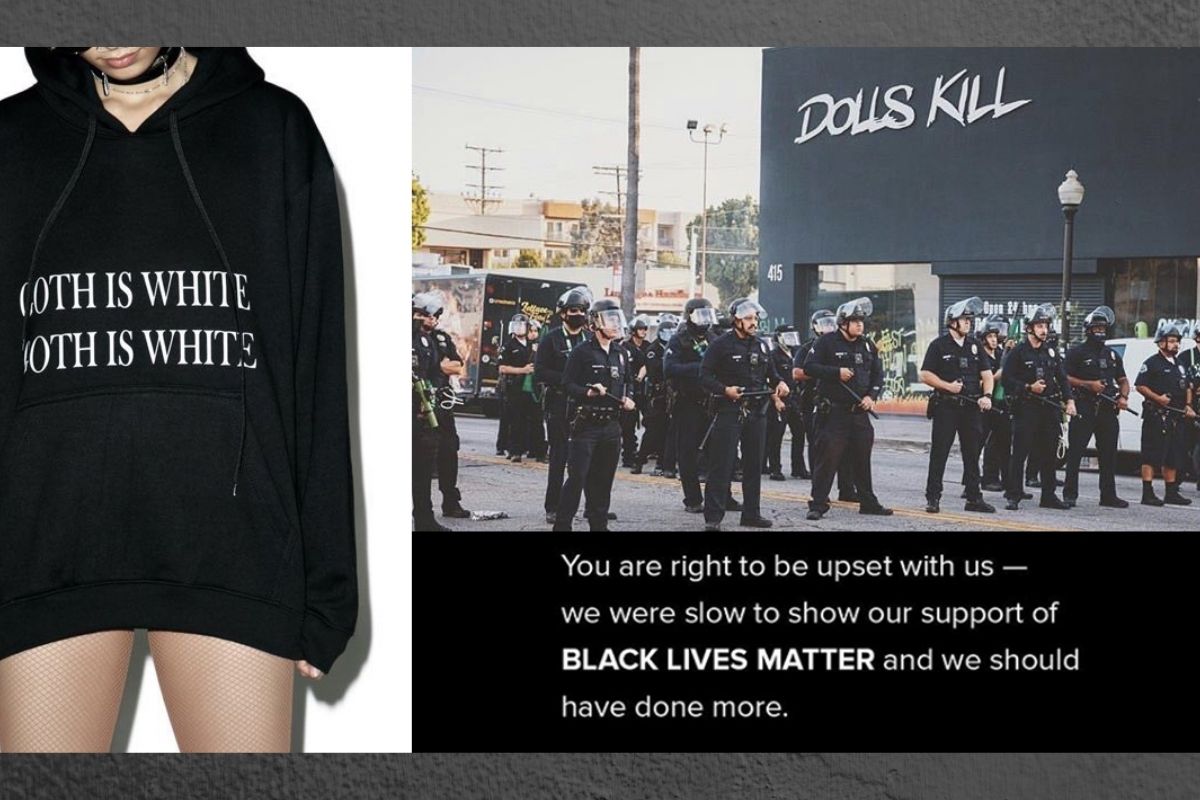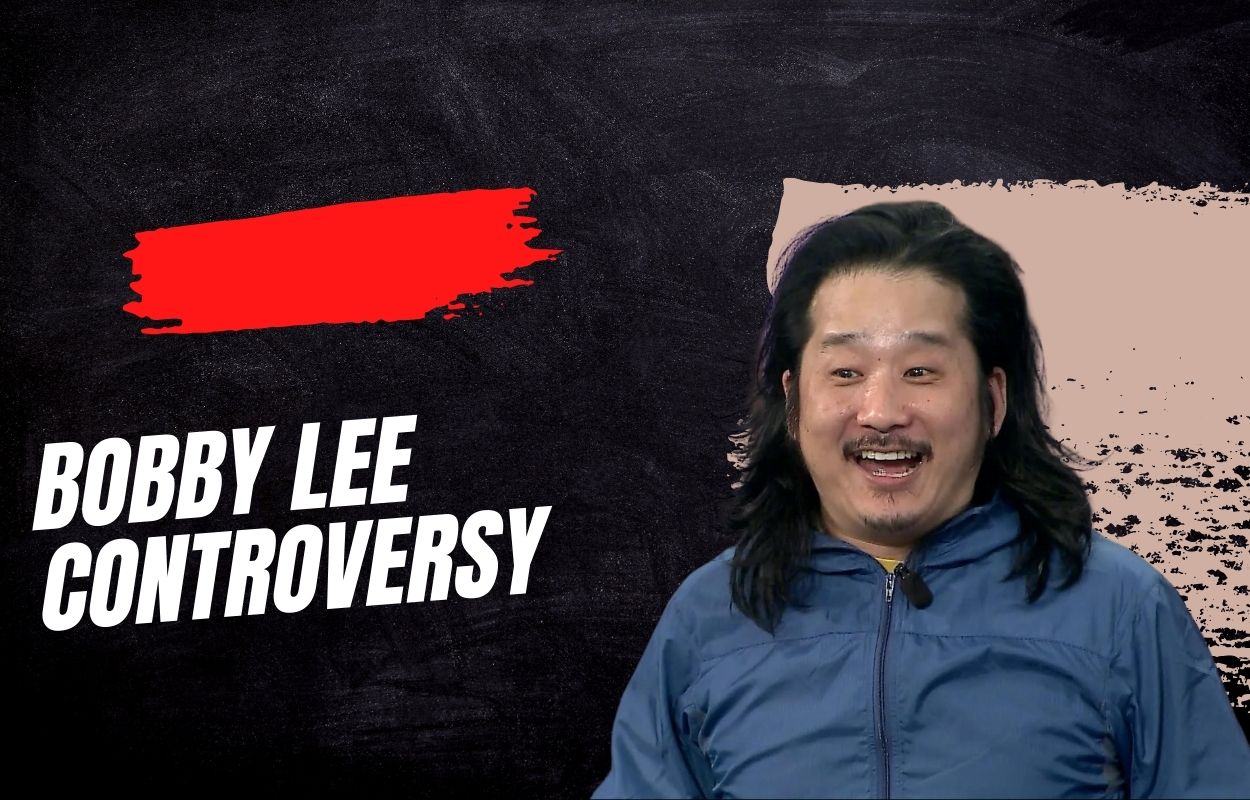International online fashion retailer Dolls Kill. Dolls Kill was listed as one of the “top firms in San Francisco” by Inc. magazine, which also named the business the “Fastest Growing Retailer” in 2014. Dolls Kill is clothes, shoe, and accessory retailer that runs a website with six collections that are displayed by “Dolls,” models who represent the personas of each collection’s fashion. Kawaii, punk, goth, streetwear, and festival styles are popular at Dolls Kill. As a sub-label starting in 2018, it has also been authorized to use Delia’s brand from the 1990s.
After Dolls Kill’s owner, Shoddy Lynn, posted a video on Instagram criticizing some of her company’s recent actions, social media users banded together to boycott the fast-fashion company.
Lynn sent a message on Instagram in support of the police who were at the time assaulting and detaining protestors throughout Los Angeles in the wake of the Black Lives Matter demonstrations that erupted throughout the globe.
Shortly after, the business started to experience a spike in criticism on its social media accounts for choosing to support the police instead of the Black Lives Matter movement, which is supported by a sizable portion of its customer base.
But this wasn’t the first time the business has come under fire. It has previously come under fire for cultural appropriation, stealing black artists’ designs, and even selling clothing that appears to support white nationalist organizations. It has also been accused of romanticizing crimes like rape by selling clothing with slogans like “Goth Is White” and “Dead Girls Can’t Say No.”
The company has a cult following among a group of misfits who used to shop at Hot Topic in the early 2000s and is recognized for its edgy clothing and rave gear (and maybe still does). In 2011, a former DJ named Shoddy Lynn and her husband Bobby Farahi founded their own clothing company with the goal of catering to music festival visitors who wanted to dress differently than what was typically worn at the time.
The brand quickly expanded throughout the decade of 2010, becoming one of the biggest consumer merchants of the festival and rave apparel available today.
But as swiftly as it was expanding, controversy surrounded the company, and scores of creators in the sector started speaking out on social media against it. These methods included stealing concepts from other producers and passing off the merchandise as fast fashion.
After selling a Native American headdress as part of their Halloween collection in 2014, the business started to receive unfavorable press from publications like Huffington Post. After receiving a customer’s email regarding the issue, the retailer responded back with a canned statement criticizing racism but decided not to remove the item.
However, the George Floyd protests in Los Angeles at the beginning of June brought to the company’s genuine scandal when Shoddy Lynn wrote on Instagram in support of the police after the Dolls Kill physical and mortar store suffered some minor damage as a result of the protests.
While many businesses joined the campaign on social media, the owner of Dolls Kill waited to speak positively about it until she had received a lot of attention for her pro-police post.
hi everyone, meet Shoddy Lynn, the owner of @DollsKill, praising the police for shooting peaceful protestors outside her store.
do not ever shop there again.
do not even accept a brand deal from them again.
take a fucking stand. pic.twitter.com/m6pBMIYvAZ
— elijah daniel (@elijahdaniel) June 1, 2020
Shoddy Lynn produced an Instagram video of an apology shortly after the brand started to face criticism, and it was almost immediately the subject of additional criticism due to her lack of excitement. Many noted that the loss of clients was probably the only factor in Shoddy Lynn’s initial apology, as the company lost hundreds of thousands of Social media followers in less than a day.
dollskill’s founder uploaded the worst apology video I have ever seen in my life LMFAO pic.twitter.com/SOSNwaFktm
— daryl (@baeryl) June 8, 2020
Following the company’s most recent protest, ex-customers started using the hashtag #BoycottDollsKill on Twitter to show their support for people who had been harmed by the company’s actions. Other publications have used the hashtag to market their own apparel. Many publications have compiled lists of independent designers and small businesses that make excellent shopping alternatives to Dolls Kill.
Read More:




